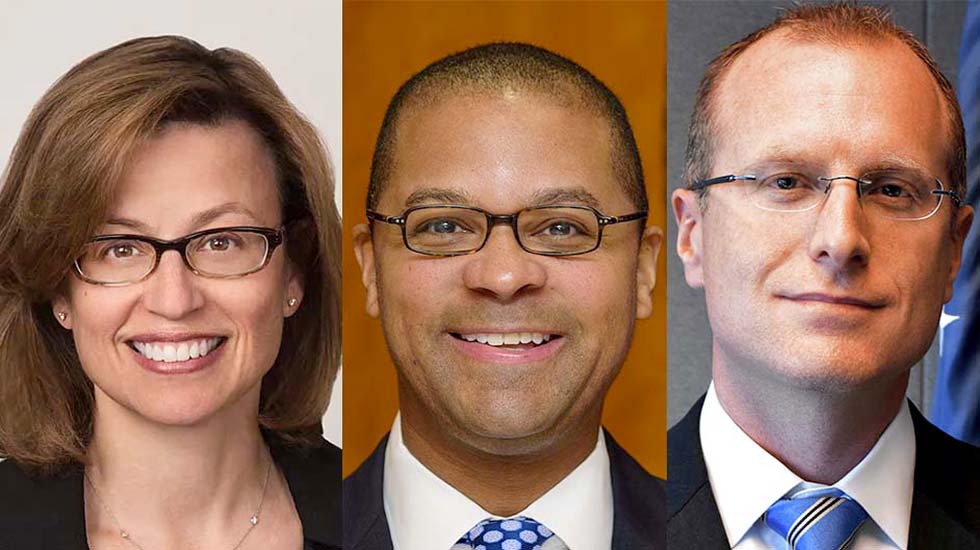
The Senate Commerce Committee has scheduled a vote next week on the nomination of Anna Gomez for the open seat on the Federal Communications Commission, as well as the renominations of Democrat Geoffrey Starks and Republican Brendan Carr for their respective seats.
The nomination markup will be July 12 at 10 a.m. If all goes well, the committee will favorably report the nominations to the full Senate for a vote, something that never happened for Gomez's predecessor, Gigi Sohn, whose nomination was withdrawn after it was killed by Republicans, industry players and at least one Democrat who failed to support her.
If all the current nominations are approved, as expected, the FCC would be at full strength for the first time in over two years and give the Biden administration its first Democratic majority, paving the way for potential actions on restoring network-neutrality rules and some broadcast regulations and for revamping the Universal Service Fund advanced telecommunications subsidy process.
Also Read: Anna Gomez Nominated for FCC Seat
Gomez is currently a senior adviser on communications policy in the Bureau of Cyberspace and Digital Policy at the State Department and has a wealth of experience in that policy, including serving as deputy administrator (acting chief) of the National Telecommunications and Information Administration, which oversees and advises the president on government spectrum policy, from 2009 to 2013.
Gomez is definitely on board with reclassifying broadband as a Title II telecommunications service subject to at least some common-carrier regulations.
In written answers to questions from Sen. John Thune (R-S.D.) following her nomination hearing last month, Gomez said: “Title II classification is important for protecting our fundamental values of universal service and consumer protection when accessing broadband networks. Without it, the FCC would lack a mechanism for protecting the fundamental values of our most critical communications systems today.”
While she has both said she did not support broadband rate regulation, Gomez has not said just what she would classify as rate regulation, giving her some room with specific fact sets to potentially support some regulations Republicans would oppose.
But she also said in her written responses that to the extent that the FCC prescribed how an internet service provider calculated its wholesale rates, she would oppose as rate regulation requiring broadband providers to give competitors wholesale unbundled access to their networks.







